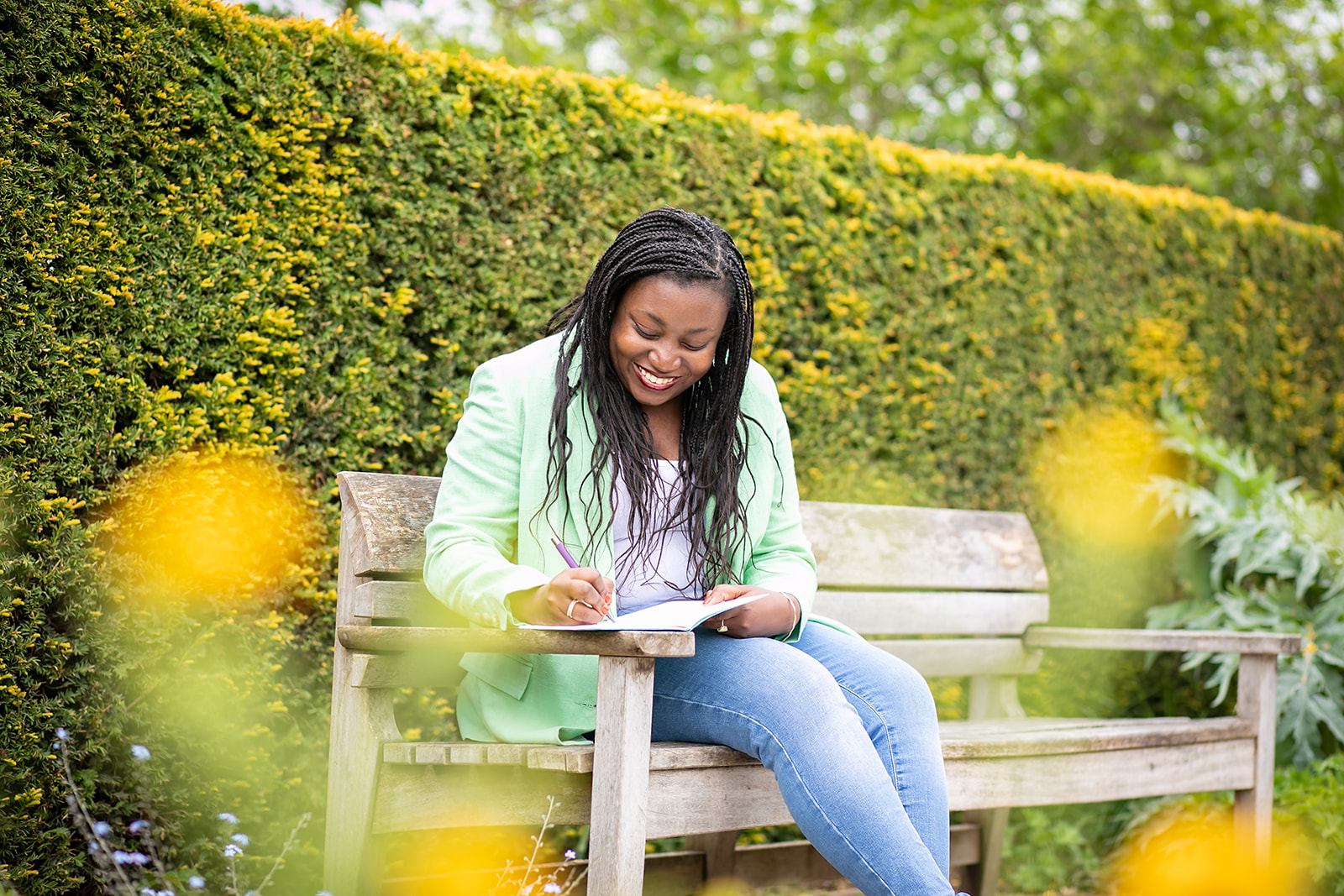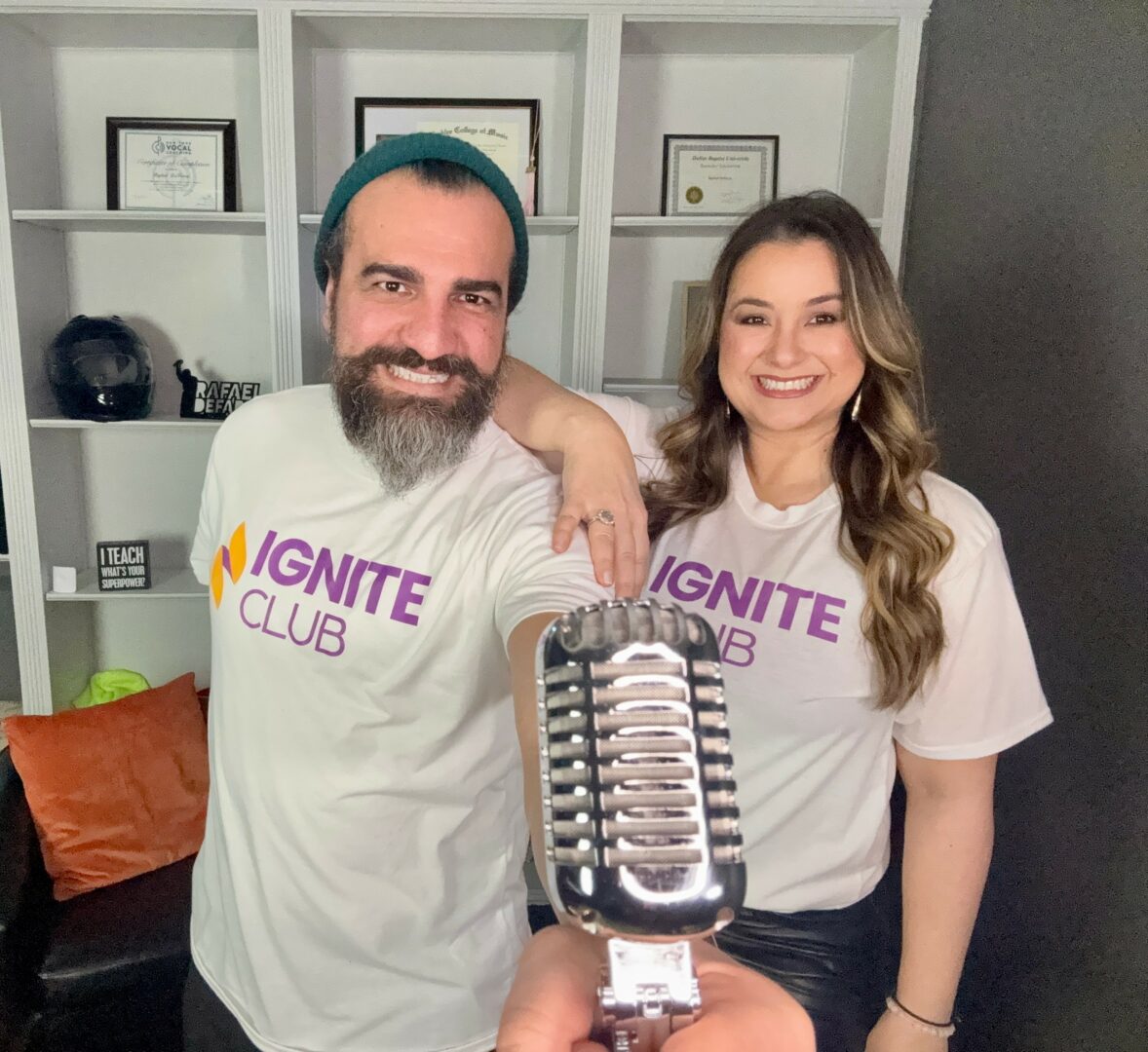Alright – so today we’ve got the honor of introducing you to Tiffany Asha. We think you’ll enjoy our conversation, we’ve shared it below.
Tiffany , first a big thank you for taking the time to share your thoughts and insights with us today. I’m sure many of our readers will benefit from your wisdom, and one of the areas where we think your insight might be most helpful is related to imposter syndrome. Imposter syndrome is holding so many people back from reaching their true and highest potential and so we’d love to hear about your journey and how you overcame imposter syndrome.
I remember when my long-time yoga mentor first attended one of my classes. I was so nervous! Before class started, they witnessed me navigating an extremely challenging student situation, which got me all wound up, and then I had to teach my mentor. That was a difficult class. I started reflecting on what I felt and why I felt that way. Why she came to my class and why she believed in me. I booked an appointment with my therapist and began working on turning the page on imposter syndrome.
Overcoming imposter syndrome has been quite a journey for me, especially when teaching alongside or for my mentors. It’s taken a lot of therapy and self-reflection. Therapy provided a safe space to explore and understand the roots of my self-doubt and struggles with self-worth in those scenarios. Through this process, I’ve learned to challenge and reframe my negative thoughts and limiting beliefs about myself. That has been a real gift in my forties!
Teaching with or for my mentors was particularly challenging, but I reminded myself that my mentors see potential and value in me, which is why they trust me in these roles. I also took the opportunity to learn from them, viewing these experiences as growth opportunities rather than tests of my worth.
Having a solid support system has been invaluable. Surrounding myself with people who encourage and believe in me has helped counterbalance the negative self-talk that often accompanies imposter syndrome. I’ve learned to accept that imposter syndrome might never completely go away. Instead of fighting it, I acknowledge its presence and practice self-compassion. I remind myself that it’s okay to feel this way and that these feelings don’t define my abilities or worth.
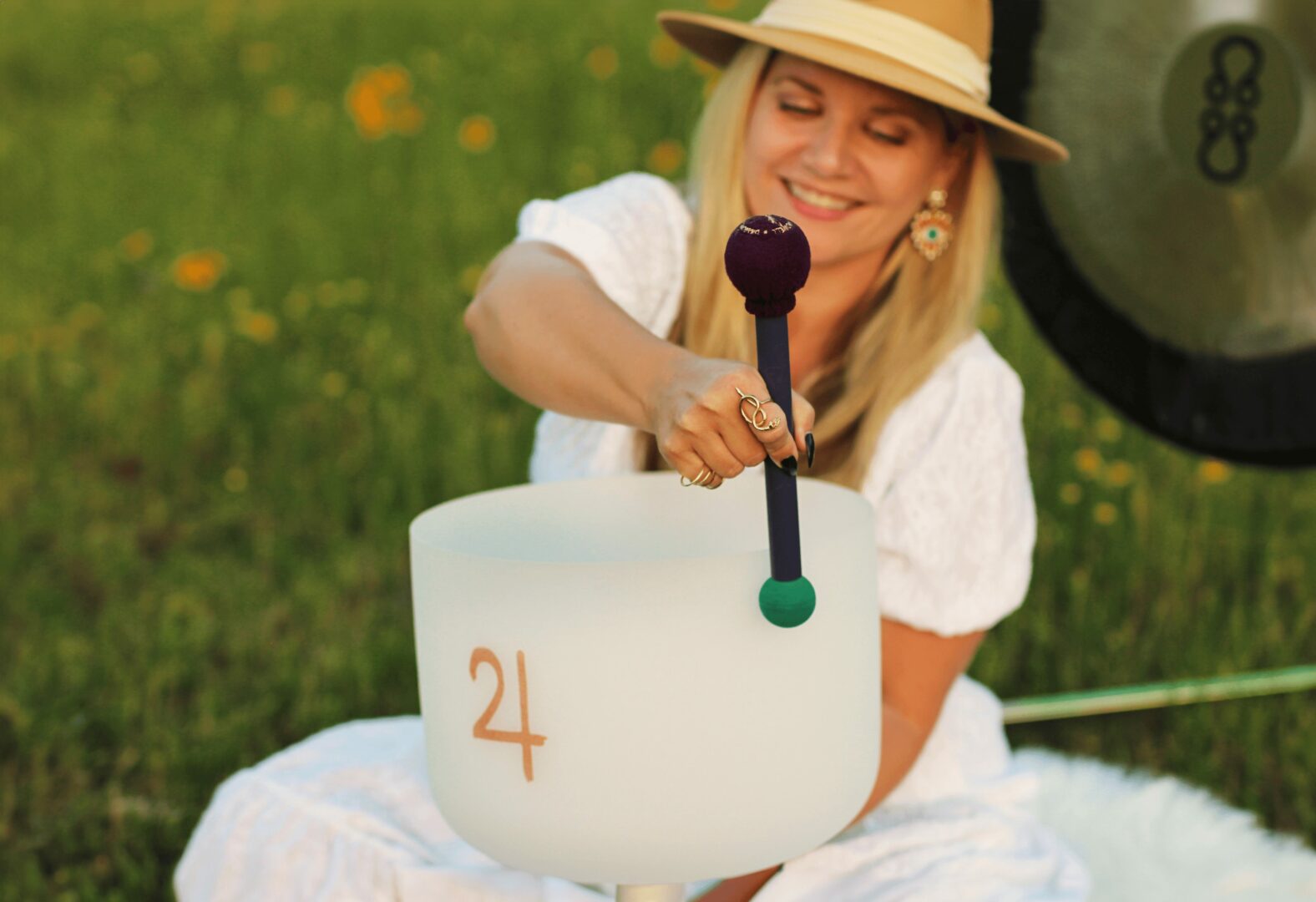
Great, so let’s take a few minutes and cover your story. What should folks know about you and what you do?
My professional journey is multifaceted, encompassing my roles as a former school teacher, a death doula, a passionate yoga teacher, and a sound healer. I realized through these roles that I am, simply put, a space holder. Each of these roles allows me to connect deeply with people, whether through end-of-life support, the transformative power of sound, or the physical and spiritual benefits of yoga.
As a death doula, I offer compassionate support and guidance to individuals and families during the end-of-life process. This work is incredibly fulfilling as it provides an opportunity to bring peace, dignity, and understanding to a time often fraught with fear and uncertainty. Helping people navigate this profound transition is a privilege and a responsibility I hold dear.
Yoga has been a constant in my life for nearly 20 years, and teaching it allows me to share its many benefits with others. I find immense joy in creating a welcoming and inclusive environment in my classes, where students can explore their practice and find balance, both physically and mentally. One of the most exciting aspects of my yoga practice is the community gong concerts I facilitate, like Tarot & Sound. These gatherings bring together sound healers and yoga enthusiasts to create a powerful collective energy that is truly special.
I’m also excited to share that I’ll host a special training event at Black Swan Yoga in Austin from August 23rd to 25th – How to Become a Sound Healing Facilitator. If you’re a yoga or wellness professional eager to integrate sound healing into your practice, or if you’ve bought a crystal bowl online and aren’t sure what to do next, this training is perfect for you. Throughout the weekend, we’ll dive deep into the art of sound healing with hands-on training in gongs, crystal bowls, chimes, and other specialty instruments.
We’ll cover everything from advancing your playing skills and expanding your instrument variety to practical techniques you can immediately integrate into your yoga classes or wellness practice. You’ll also learn about the science of sound and frequencies, how to plan and hold space in a sound journey, and how to lead with confidence. Plus, we’ll explore therapeutic applications of sound healing.
The weekend will culminate in a sound practicum and a free community concert, providing a wonderful opportunity to apply what you’ve learned in a supportive and celebratory environment.
Looking ahead, I’m excited about expanding my training offerings and continuing to integrate my passions. Whether it’s through workshops, community events, or future collaborations, my goal is to create spaces where people can connect, heal, and grow.

Looking back, what do you think were the three qualities, skills, or areas of knowledge that were most impactful in your journey? What advice do you have for folks who are early in their journey in terms of how they can best develop or improve on these?
Reflecting on my journey, I realize that three qualities, skills, or areas of knowledge have been particularly impactful: empathy, resilience, and a commitment to lifelong learning.
Empathy: As a death doula and space holder, empathy is at the core of my work. Understanding and sharing the feelings of others has allowed me to connect deeply with the individuals and communities I serve. For those early in their journey, developing empathy starts with active listening and being present. Practice putting yourself in others’ shoes and showing genuine interest in their experiences. Engaging in volunteer work or roles that require supporting and understanding others can also enhance your empathy.
Resilience: The path to where I am now has had its share of challenges, and resilience has been crucial. Overcoming obstacles and setbacks requires strong perseverance and the ability to adapt. For anyone starting their journey, embracing failure as a learning opportunity is essential. Surround yourself with a supportive network. Mindfulness practices like meditation or yoga can also build mental strength and resilience.
Lifelong Learning: The willingness to continuously learn and grow has been essential. Whether through formal education, workshops, or self-study, staying curious and open to new knowledge keeps me evolving. They should seek mentors and learn from their experiences early in their careers. To expand your skills, take advantage of training opportunities, such as the upcoming sound healing training at Black Swan Yoga. Stay curious, ask questions, and never stop seeking ways to improve and innovate in your field.
In terms of advice for developing these qualities, skills, or areas of knowledge, here are a few tips:
– Practice Active Listening and Presence: Make a conscious effort to listen and be fully present in your interactions without interrupting. This will enhance your empathy and help build stronger connections.
– Embrace Challenges: View challenges as opportunities to grow. When faced with setbacks, reflect on what you can learn from the experience and how to apply those lessons.
– Seek Out Learning Opportunities: Always look for ways to learn and grow. Attend workshops, read books, take online courses, and engage with communities that inspire you.
Focus on the journey, be present, and embrace each step with curiosity and compassion. You’ll find yourself continuously growing and evolving.
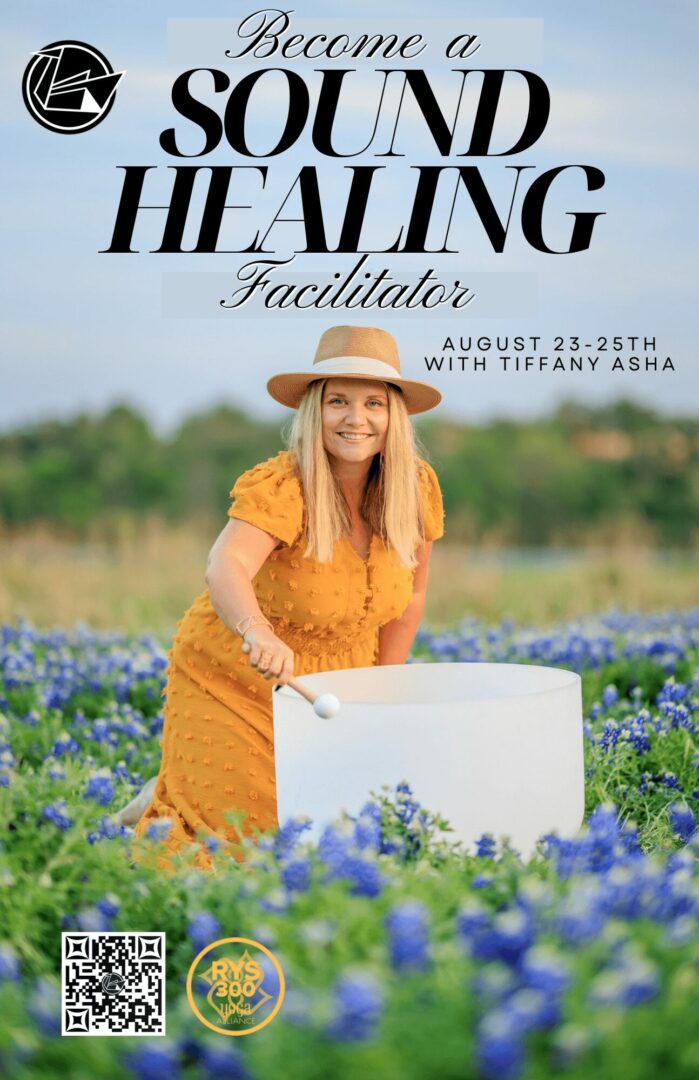
Before we go, any advice you can share with people who are feeling overwhelmed?
When I feel overwhelmed, I turn to a few simple yet powerful strategies to regain balance and calm. One of the most straightforward techniques is to focus on my breath. I particularly enjoy breathing with retention to stimulate the vagus nerve and down-regulate my nervous system. This deep, mindful breathing can help calm the nervous system and bring me back to the present moment. Even just a few minutes of conscious breathing can make a significant difference, showing that we all have the power to manage our stress.
Practicing mindfulness and meditation regularly has also been incredibly beneficial. Taking time each day to meditate helps clear my mind and reduces stress. Even a 5-minute meditation session can help me feel more centered and focused.
Engaging in physical activity, whether it’s yoga, a walk in nature, or a swim, helps release tension and boosts my mood. Movement is a great way to shift energy and gain a fresh perspective on whatever is causing stress. Sometimes, talking to a friend, mentor, or therapist can provide much-needed support and perspective. Sharing my feelings and getting advice from someone I trust can help me feel less alone and more equipped to handle challenges.
Since I frequently hold space for others, saying no and giving myself ample alone time to recharge is critical. Learning to set boundaries is crucial to preventing burnout and maintaining my well-being. Also, it’s important to note that as we grow and evolve as humans, so does the circle of people around us. Take a look at your circle—are they growing with you?
For others, find what works for you. Different strategies work for different people, so experiment with various techniques to see what resonates with you and helps you feel more balanced. Above all, practice self-compassion; being kind to yourself during stressful times is crucial. Acknowledge that it’s okay to feel overwhelmed and give yourself permission to take a break. Stay connected by reaching out to your support network. Sometimes just talking about what you’re going through can lighten the load. Prioritize your needs and make it a non-negotiable part of your routine. Whether it’s a daily walk, a weekly yoga class, or a hobby you love, taking time for yourself is essential. Remember, if you are stressed, don’t go faster—go slower. By incorporating these strategies into your routine, you can better manage overwhelming feelings and maintain balance and well-being.
Contact Info:
- Website: https://www.tiffanyasha.com
- Instagram: @yoga_sounds
- Facebook: https://www.facebook.com/tiffanyashatx
- Other: Spotify: https://open.spotify.com/user/1273901520?si=36e10d163afc4f84&nd=1&dlsi=5f1055dedcd54e08
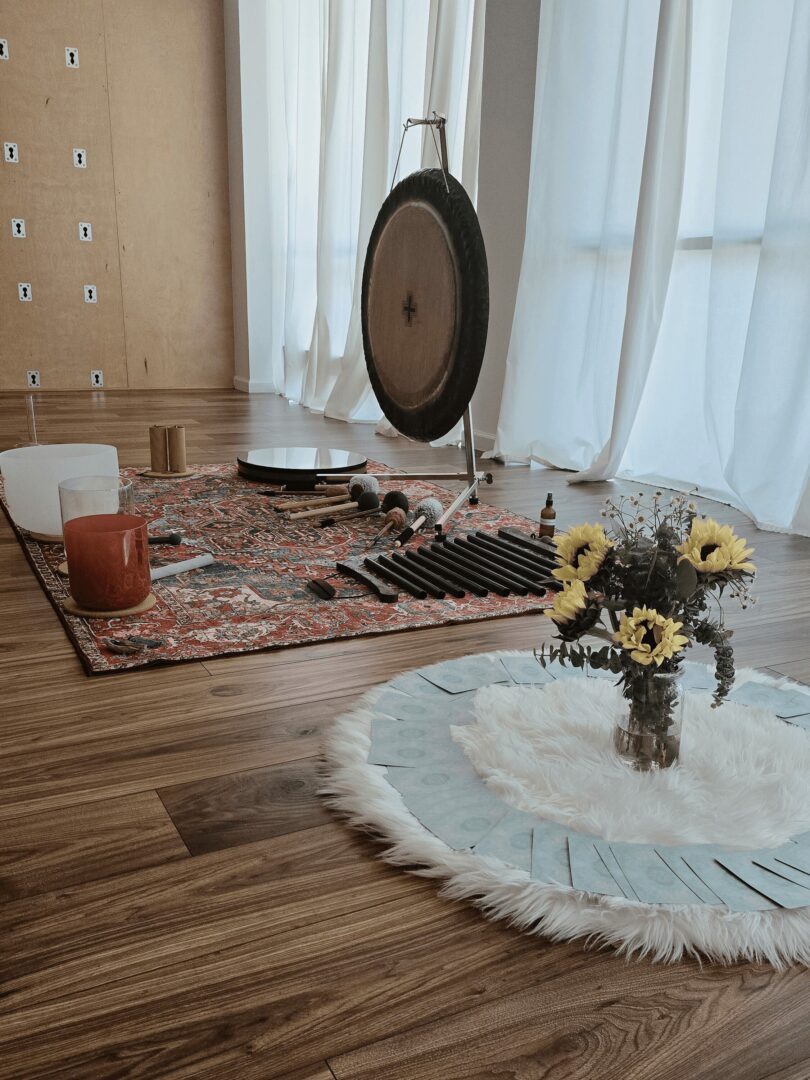
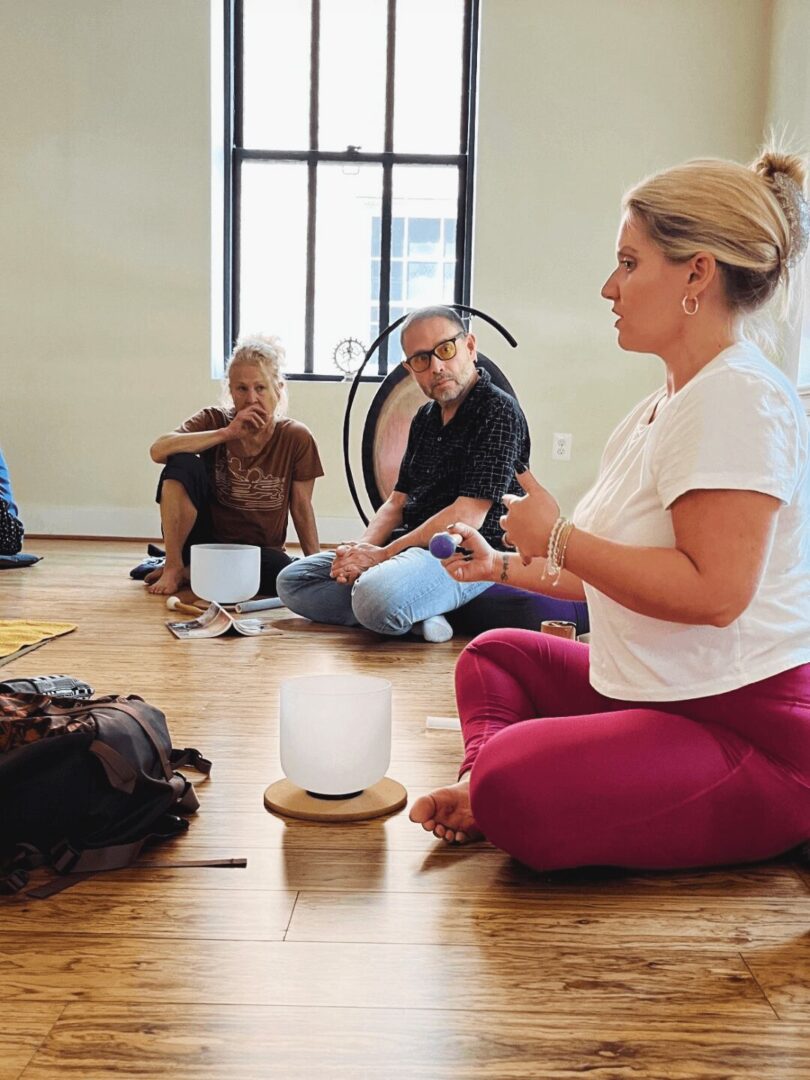
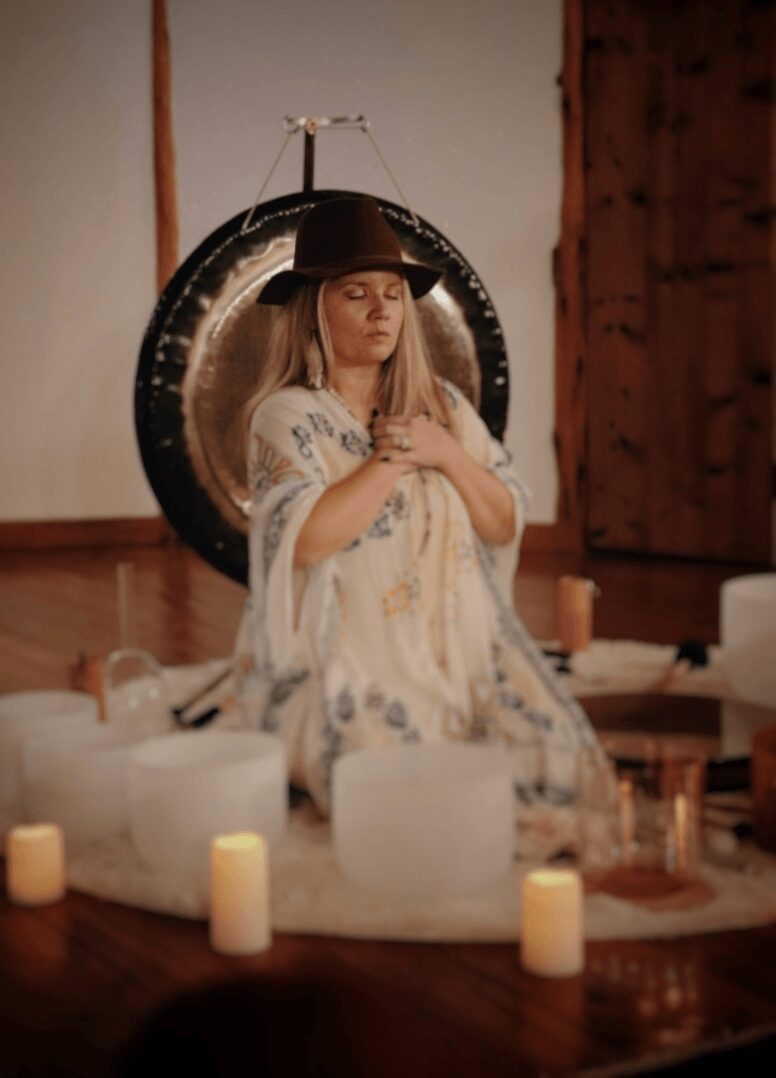
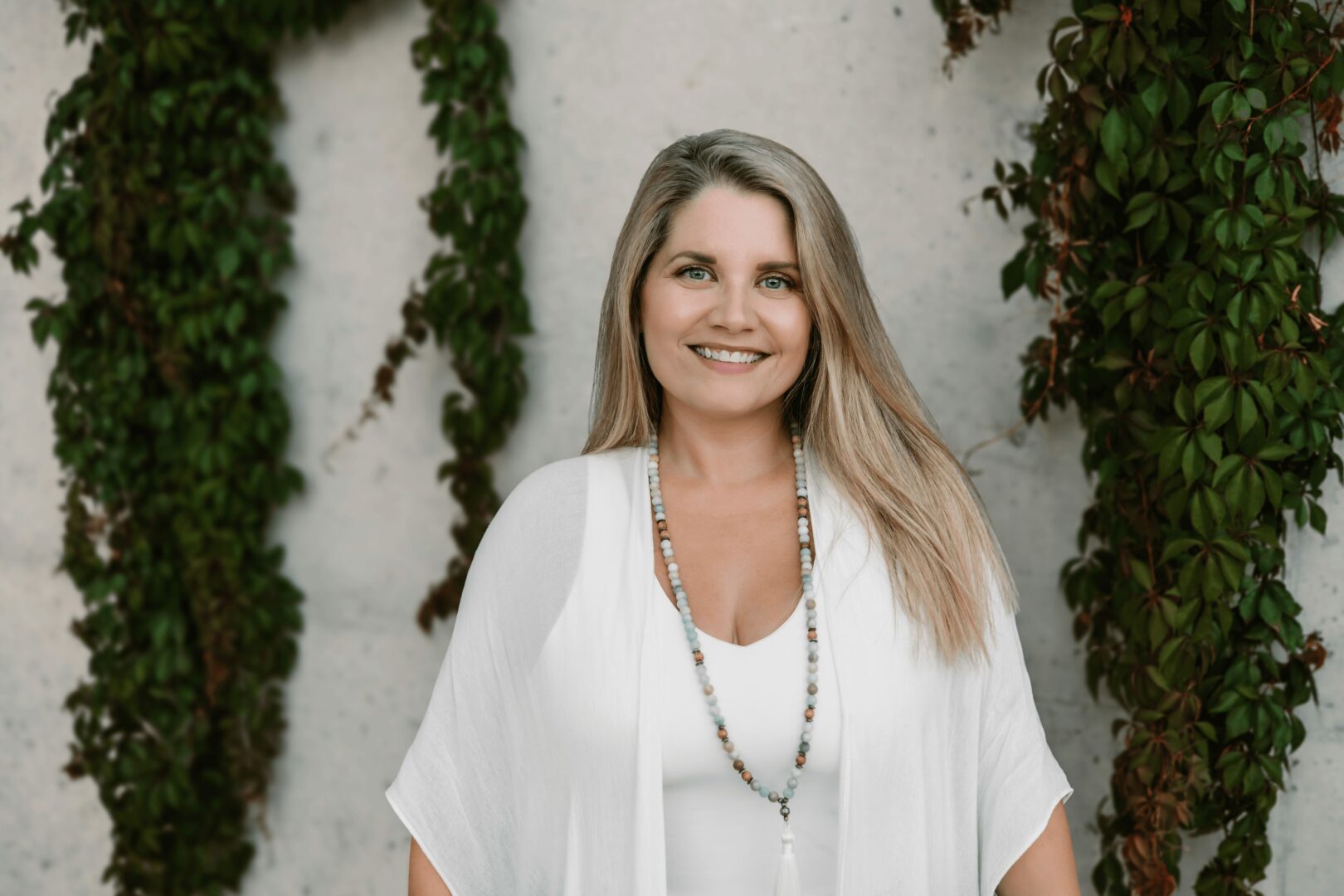
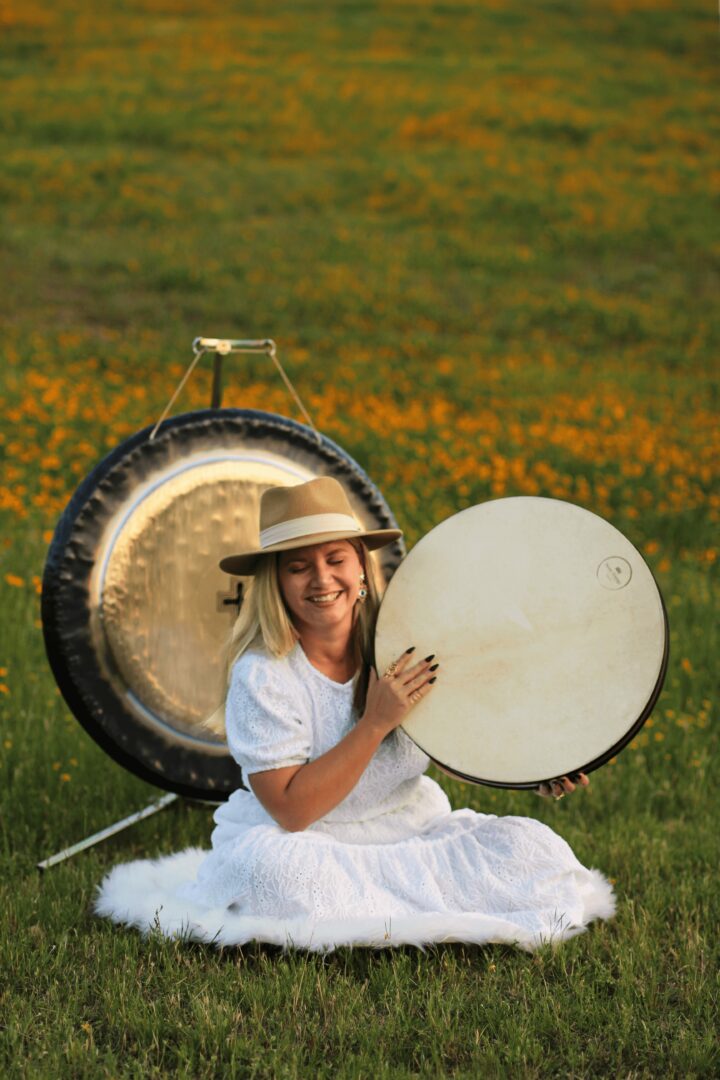
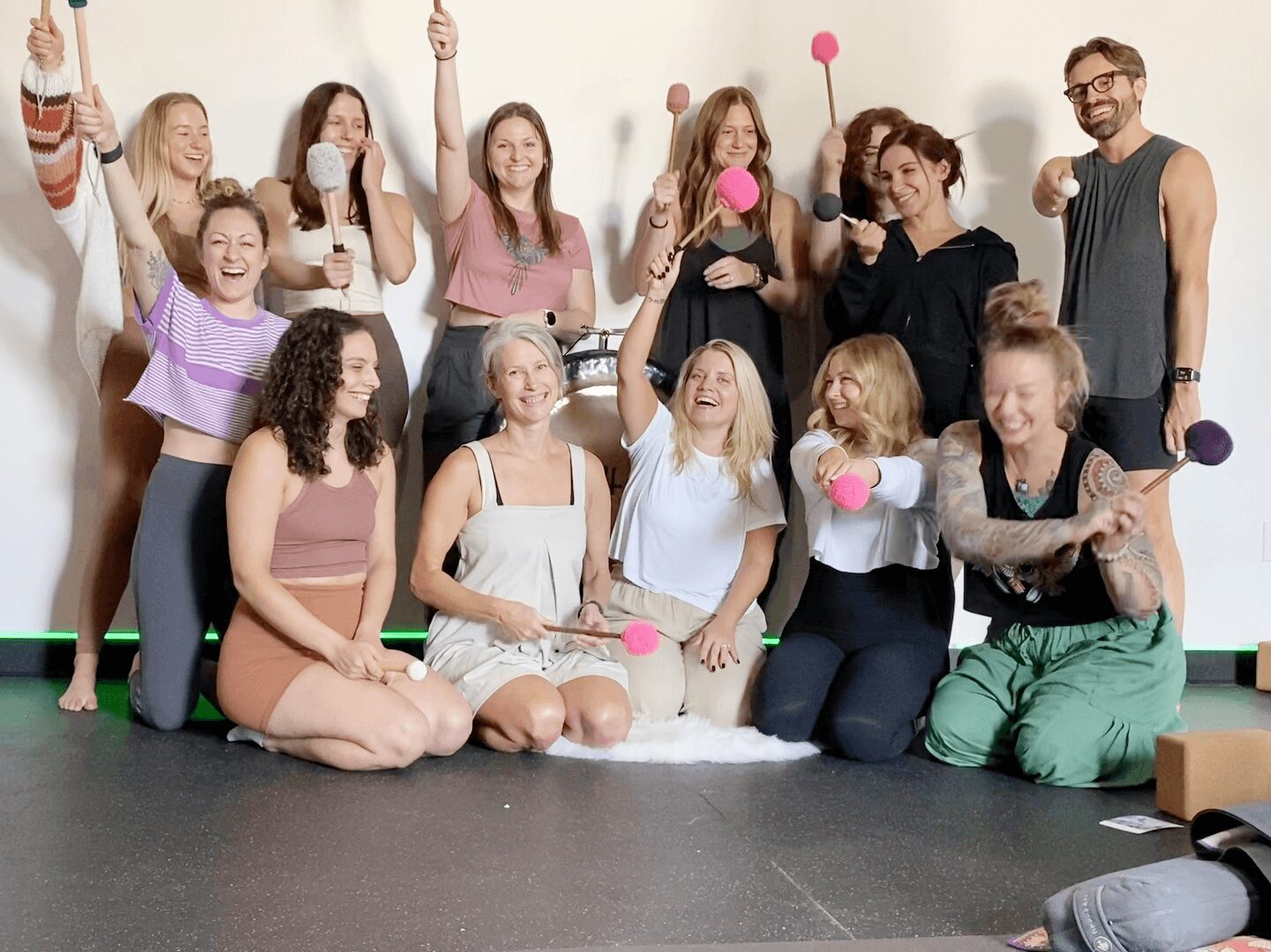
Image Credits
Avery Daniel
Taylor Williamson
Nicole DiDaniele
so if you or someone you know deserves recognition please let us know here.


